Personal Credit
Around the time one finishes high school, the importance of understanding and using personal credit begins. Personal credit refers to one’s use of money or resources that are loaned and must be repaid. For some individuals, the use of credit begins as a teenager, often under the oversight and co-signing guarantee of a parent or guardian. Someday, everyone must use credit to buy goods and services for which they don’t have the cash. From car loans to student loans to home mortgages, most Americans will need to get comfortable with personal credit!
Personal Credit Meaning
As opposed to business credit, personal credit means credit being used by a private individual for personal expenses. This includes car loans, home loans (mortgages), student loans, utilities (electricity, natural gas, Internet and phone service, etc.), monthly subscriptions (gym, websites, club memberships), and credit cards. These all involve receiving a good or service, such as admission to a gym, before paying for it, making them credited to the recipient. If one makes all monthly payments on time, he or she is considered credit-worthy. Future applications for credit, such as an extra credit card or personal loan, will likely be approved.
If one fails to make all monthly payments on time, he or she may be considered a credit risk and be denied future credit. It is important for everyone to have a basic idea of what is considered credit-worthy and how that status can be altered. If one’s income falls, it is important to understand the impact of defaulting (failing to pay) on credit. It is also important to know some basic terms for determining credit worthiness for specific loans, especially mortgages.
Personal Credit Score
The most common metric of measuring one’s credit-worthiness is the credit score. This is a mathematical score generated by reported data about one’s on-time repayment of credit. Three credit bureaus each collect this data and compile an individual score, which is averaged into a single score. The score ranges from 300 to 850, with a score of 720 or above being considered “excellent.” Scores below 600 may not be accepted by lenders when attempting to get a mortgage, meaning it is important to be aware of one’s credit score and credit report.
According to Sensei Credit, the two credit scores are the FICO score and the Vantage score, both of which use the 300-850 range. They both look at credit history, age of various credit accounts, balances on those accounts, and types of credit. Credit history - one’s record of payment - is the biggest single factor in determining the credit score. Missing a payment or failing to pay a bill in full will hurt one’s credit score. The second biggest factor is the credit balance, meaning the amount still owed on a debt or bill. This is compared to one’s income, and having too much debt-to-income (debt-to-income ratio) can harm one’s credit score.
Checking one’s credit score is important before applying for credit, as nobody wants an unpleasant surprise when the creditor (lender or utility provider) checks the score. Knowing one’s credit score is low can provide time to improve the score before seeking to borrow money. Services like Sensei Credit can track one’s credit score on a constant basis and allow quick access to the up-to-date score. Without easy access to one’s credit score, it can be difficult to know if there is incorrect information on one’s credit report that is dragging down the score!
Personal Credit Report
The credit score is created from information in one’s credit report, which is a detailed history of one’s payment history and other financial factors. While many individuals may only glance at their credit score, it is important to track one’s credit report as well. Sensei Credit lets subscribers check their credit report from each credit bureau and ensure that information is accurate. Unfortunately, many people may have low credit scores through no fault of their own - misreported information and identity theft can hurt individuals with reports of unpaid debt.
Checking one’s credit reports ensures that problems are reported quickly. Once fraud is detected, it is reported to the credit bureaus and a freeze is placed on one’s credit to prevent new loans, credit cards, or utilities being taken out in one’s name. Without checking regularly, damage is difficult to repair on one’s credit history. Regular checking of one’s credit reports is necessary to prevent financial harm.
How to Overcome Debt Problems
Having a quick and easy way to break down one’s credit score is the best way to overcome debt problems. Sensei Credit provides a convenient dashboard that subscribers can use to check their credit history, mix of credit accounts, and outstanding credit balances. At a glance, users can determine where issues may be dragging down their credit score, and begin looking for ways to improve the score. This may involve canceling some credit accounts, making changes to one’s budget, and searching for alternatives for some monthly subscription services or utilities.
How Can I Improve My Credit Score?
Awareness of one’s credit situation is crucial to improving your credit score. A common reason for a low credit score is having too much debt compared to your income. To improve your debt-to-income ratio you need to reduce your debt. This can often be accomplished by reducing monthly expenditures. Individuals who have not been budgeting may discover that they have many recurring monthly expenditures that they do not need, such as memberships and subscriptions that they no longer use. Some may also have outstanding credit cards from banks or stores that they no longer frequent. Having too many open lines of credit (credit cards) can lower your credit score.
Going through your regular expenses as part of the budgeting process can give you the opportunity to look for lower-cost substitutes. For example, you may have signed up the deluxe package membership, but may only need the base-level membership. Or you may be able to cut down from two streaming subscriptions to one. Automatically recurring purchases signed up for from vendors or Amazon may be driving up your expenses without being noticed. Although it may be painful, going through the last several months of expenses can reveal areas of spending that can be trimmed, helping you reduce your debt load.
Another way to get closer to a good credit score, usually considered 700 or above, is to increase one’s income. This can be accomplished by picking up a side hustle, or a part-time job that you work in addition to your full-time job. As a result of the Covid pandemic in 2020, there are now many remote part-time jobs that allow people to make extra money from home using their computers. Online tutoring, graphic design, and data entry jobs are common, as are ride sharing and delivery jobs through apps like Uber, Lyft, Grubhub, and Doordash.
When extra money from cutting your expenses, working a side hustle, or even selling your unused stuff comes rolling in, you can use the debt snowball method to build momentum on paying off debt. The snowball method refers to paying off the smallest debts first, which helps build confidence and reinforces positive financial habits. When a debt is paid off, you automatically contribute the amount you were making to finance it (the minimum monthly payment) to paying off the next larger debt.
Four Types of Credit
Individuals may also be using credit inefficiently, harming their score. There are four main types of credit: revolving credit, charge cards, installment credit, and service credit. Revolving credit is often seen with credit cards, and allows users to maintain a running balance of credit. They do not have to pay their balance in full every month, but will have to pay interest on any unpaid balance. Charge cards require users to pay in full. This can prevent users from generating debt, but can limit budgeting flexibility from month to month.
Installment credit consists of loans, which are repaid in monthly installments. These usually involved fixed (unchanging) monthly payments, allowing for easy budgeting. They often need some sort of collateral (guarantee of property), which the creditor will seize if the loan is not repaid. This is something important to consider when embarking on a loan: is income secure enough to risk defaulting on the loan and losing an important asset?
Finally, service credit consists of monthly bills like utilities. Unlike installment credit, service credit is not fixed and may vary from month to month depending on usage. When it comes to budgeting, individuals in different parts of the country may need to be aware that utility costs may be much higher during one season than another. In the South and Southwest, the summer months see much higher utility bills due to summer heat, while the North and Midwest usually see higher bills in the winter due to heating costs. Often, utilities are suspended if payment is not made in full, so these costs are non-negotiable in a monthly budget.
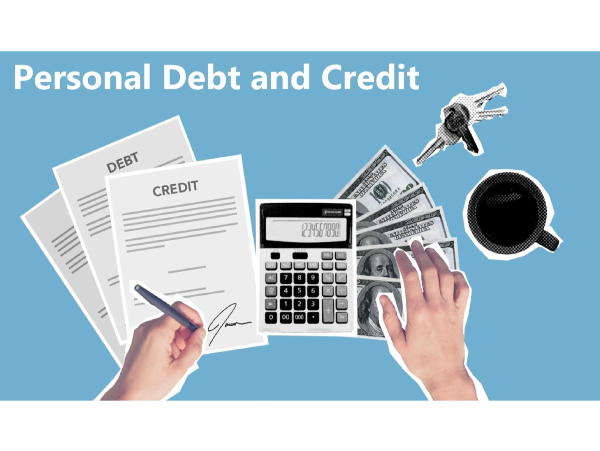


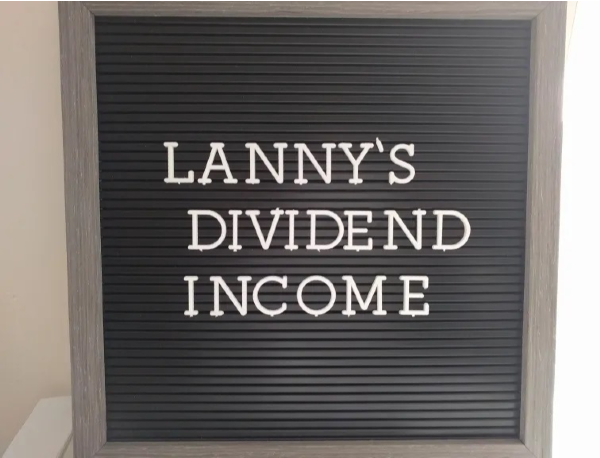
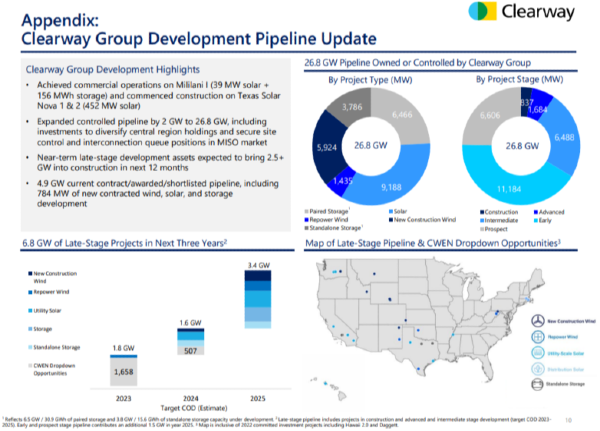
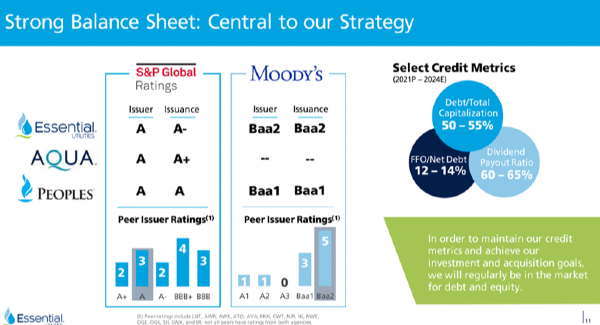
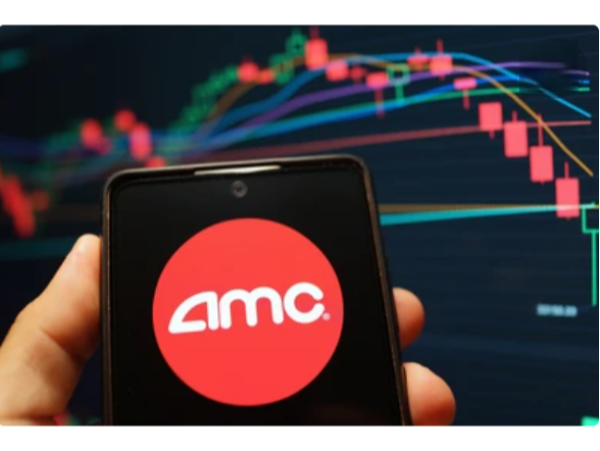



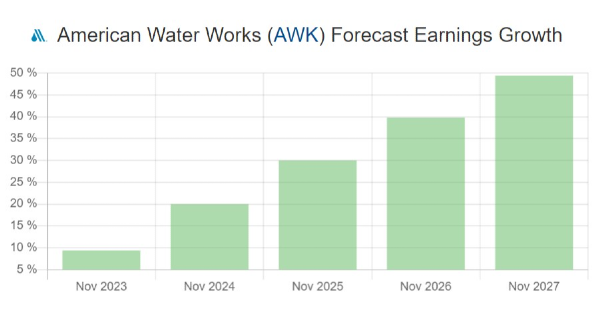


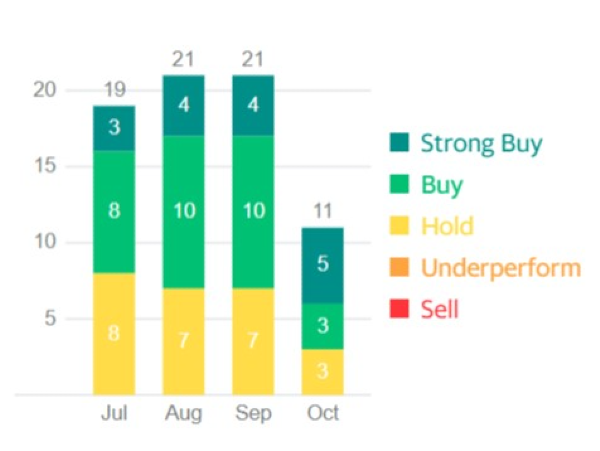
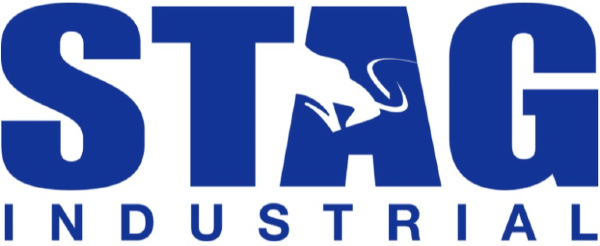
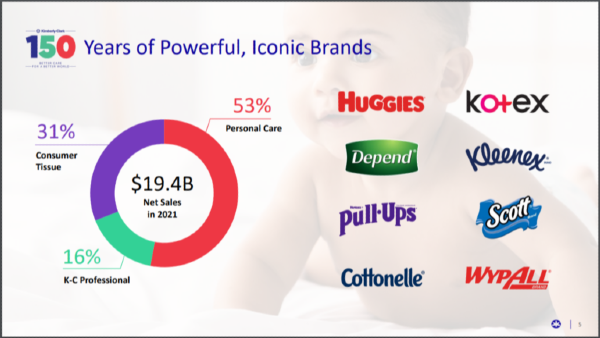



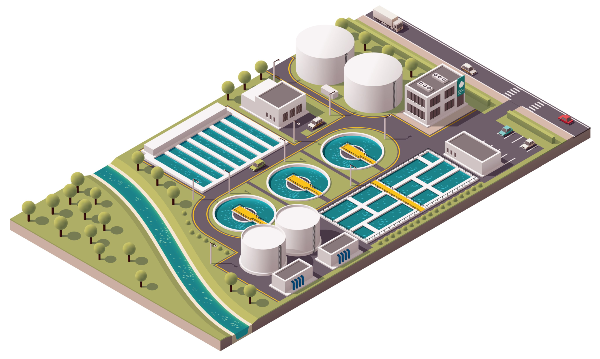








Personal Credit
Around the time one finishes high school, the importance of understanding and using personal credit begins. Personal credit refers to one’s use of money or resources that are loaned and must be repaid. For some individuals, the use of credit begins as a teenager, often under the oversight and co-signing guarantee of a parent or guardian. Someday, everyone must use credit to buy goods and services for which they don’t have the cash. From car loans to student loans to home mortgages, most Americans will need to get comfortable with personal credit!
Personal Credit Meaning
As opposed to business credit, personal credit means credit being used by a private individual for personal expenses. This includes car loans, home loans (mortgages), student loans, utilities (electricity, natural gas, Internet and phone service, etc.), monthly subscriptions (gym, websites, club memberships), and credit cards. These all involve receiving a good or service, such as admission to a gym, before paying for it, making them credited to the recipient. If one makes all monthly payments on time, he or she is considered credit-worthy. Future applications for credit, such as an extra credit card or personal loan, will likely be approved.
If one fails to make all monthly payments on time, he or she may be considered a credit risk and be denied future credit. It is important for everyone to have a basic idea of what is considered credit-worthy and how that status can be altered. If one’s income falls, it is important to understand the impact of defaulting (failing to pay) on credit. It is also important to know some basic terms for determining credit worthiness for specific loans, especially mortgages.
Personal Credit Score
The most common metric of measuring one’s credit-worthiness is the credit score. This is a mathematical score generated by reported data about one’s on-time repayment of credit. Three credit bureaus each collect this data and compile an individual score, which is averaged into a single score. The score ranges from 300 to 850, with a score of 720 or above being considered “excellent.” Scores below 600 may not be accepted by lenders when attempting to get a mortgage, meaning it is important to be aware of one’s credit score and credit report.
According to Sensei Credit, the two credit scores are the FICO score and the Vantage score, both of which use the 300-850 range. They both look at credit history, age of various credit accounts, balances on those accounts, and types of credit. Credit history - one’s record of payment - is the biggest single factor in determining the credit score. Missing a payment or failing to pay a bill in full will hurt one’s credit score. The second biggest factor is the credit balance, meaning the amount still owed on a debt or bill. This is compared to one’s income, and having too much debt-to-income (debt-to-income ratio) can harm one’s credit score.
Checking one’s credit score is important before applying for credit, as nobody wants an unpleasant surprise when the creditor (lender or utility provider) checks the score. Knowing one’s credit score is low can provide time to improve the score before seeking to borrow money. Services like Sensei Credit can track one’s credit score on a constant basis and allow quick access to the up-to-date score. Without easy access to one’s credit score, it can be difficult to know if there is incorrect information on one’s credit report that is dragging down the score!
Personal Credit Report
The credit score is created from information in one’s credit report, which is a detailed history of one’s payment history and other financial factors. While many individuals may only glance at their credit score, it is important to track one’s credit report as well. Sensei Credit lets subscribers check their credit report from each credit bureau and ensure that information is accurate. Unfortunately, many people may have low credit scores through no fault of their own - misreported information and identity theft can hurt individuals with reports of unpaid debt.
Checking one’s credit reports ensures that problems are reported quickly. Once fraud is detected, it is reported to the credit bureaus and a freeze is placed on one’s credit to prevent new loans, credit cards, or utilities being taken out in one’s name. Without checking regularly, damage is difficult to repair on one’s credit history. Regular checking of one’s credit reports is necessary to prevent financial harm.
How to Overcome Debt Problems
Having a quick and easy way to break down one’s credit score is the best way to overcome debt problems. Sensei Credit provides a convenient dashboard that subscribers can use to check their credit history, mix of credit accounts, and outstanding credit balances. At a glance, users can determine where issues may be dragging down their credit score, and begin looking for ways to improve the score. This may involve canceling some credit accounts, making changes to one’s budget, and searching for alternatives for some monthly subscription services or utilities.
How Can I Improve My Credit Score?
Awareness of one’s credit situation is crucial to improving your credit score. A common reason for a low credit score is having too much debt compared to your income. To improve your debt-to-income ratio you need to reduce your debt. This can often be accomplished by reducing monthly expenditures. Individuals who have not been budgeting may discover that they have many recurring monthly expenditures that they do not need, such as memberships and subscriptions that they no longer use. Some may also have outstanding credit cards from banks or stores that they no longer frequent. Having too many open lines of credit (credit cards) can lower your credit score.
Going through your regular expenses as part of the budgeting process can give you the opportunity to look for lower-cost substitutes. For example, you may have signed up the deluxe package membership, but may only need the base-level membership. Or you may be able to cut down from two streaming subscriptions to one. Automatically recurring purchases signed up for from vendors or Amazon may be driving up your expenses without being noticed. Although it may be painful, going through the last several months of expenses can reveal areas of spending that can be trimmed, helping you reduce your debt load.
Another way to get closer to a good credit score, usually considered 700 or above, is to increase one’s income. This can be accomplished by picking up a side hustle, or a part-time job that you work in addition to your full-time job. As a result of the Covid pandemic in 2020, there are now many remote part-time jobs that allow people to make extra money from home using their computers. Online tutoring, graphic design, and data entry jobs are common, as are ride sharing and delivery jobs through apps like Uber, Lyft, Grubhub, and Doordash.
When extra money from cutting your expenses, working a side hustle, or even selling your unused stuff comes rolling in, you can use the debt snowball method to build momentum on paying off debt. The snowball method refers to paying off the smallest debts first, which helps build confidence and reinforces positive financial habits. When a debt is paid off, you automatically contribute the amount you were making to finance it (the minimum monthly payment) to paying off the next larger debt.
Four Types of Credit
Individuals may also be using credit inefficiently, harming their score. There are four main types of credit: revolving credit, charge cards, installment credit, and service credit. Revolving credit is often seen with credit cards, and allows users to maintain a running balance of credit. They do not have to pay their balance in full every month, but will have to pay interest on any unpaid balance. Charge cards require users to pay in full. This can prevent users from generating debt, but can limit budgeting flexibility from month to month.
Installment credit consists of loans, which are repaid in monthly installments. These usually involved fixed (unchanging) monthly payments, allowing for easy budgeting. They often need some sort of collateral (guarantee of property), which the creditor will seize if the loan is not repaid. This is something important to consider when embarking on a loan: is income secure enough to risk defaulting on the loan and losing an important asset?
Finally, service credit consists of monthly bills like utilities. Unlike installment credit, service credit is not fixed and may vary from month to month depending on usage. When it comes to budgeting, individuals in different parts of the country may need to be aware that utility costs may be much higher during one season than another. In the South and Southwest, the summer months see much higher utility bills due to summer heat, while the North and Midwest usually see higher bills in the winter due to heating costs. Often, utilities are suspended if payment is not made in full, so these costs are non-negotiable in a monthly budget.